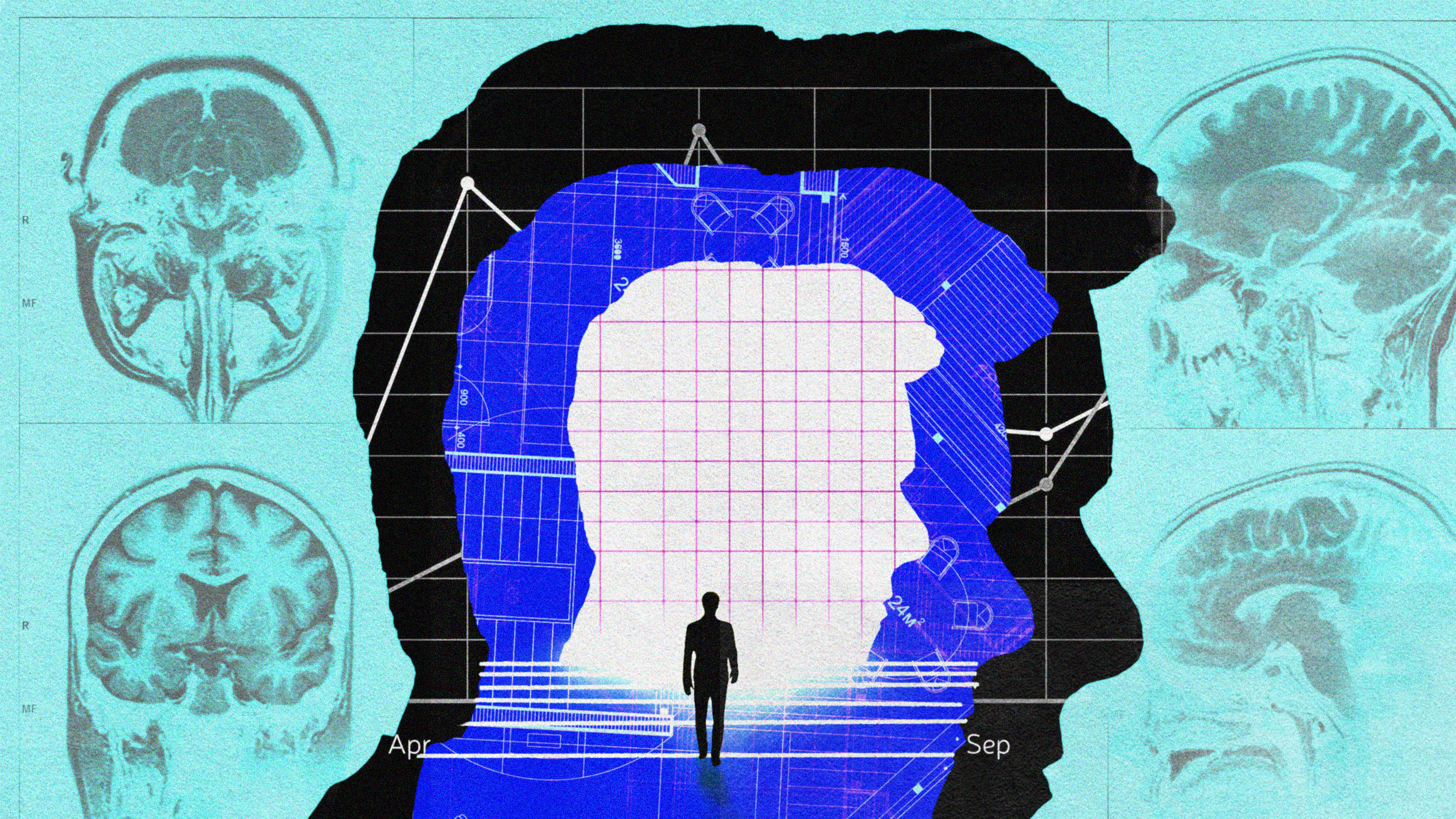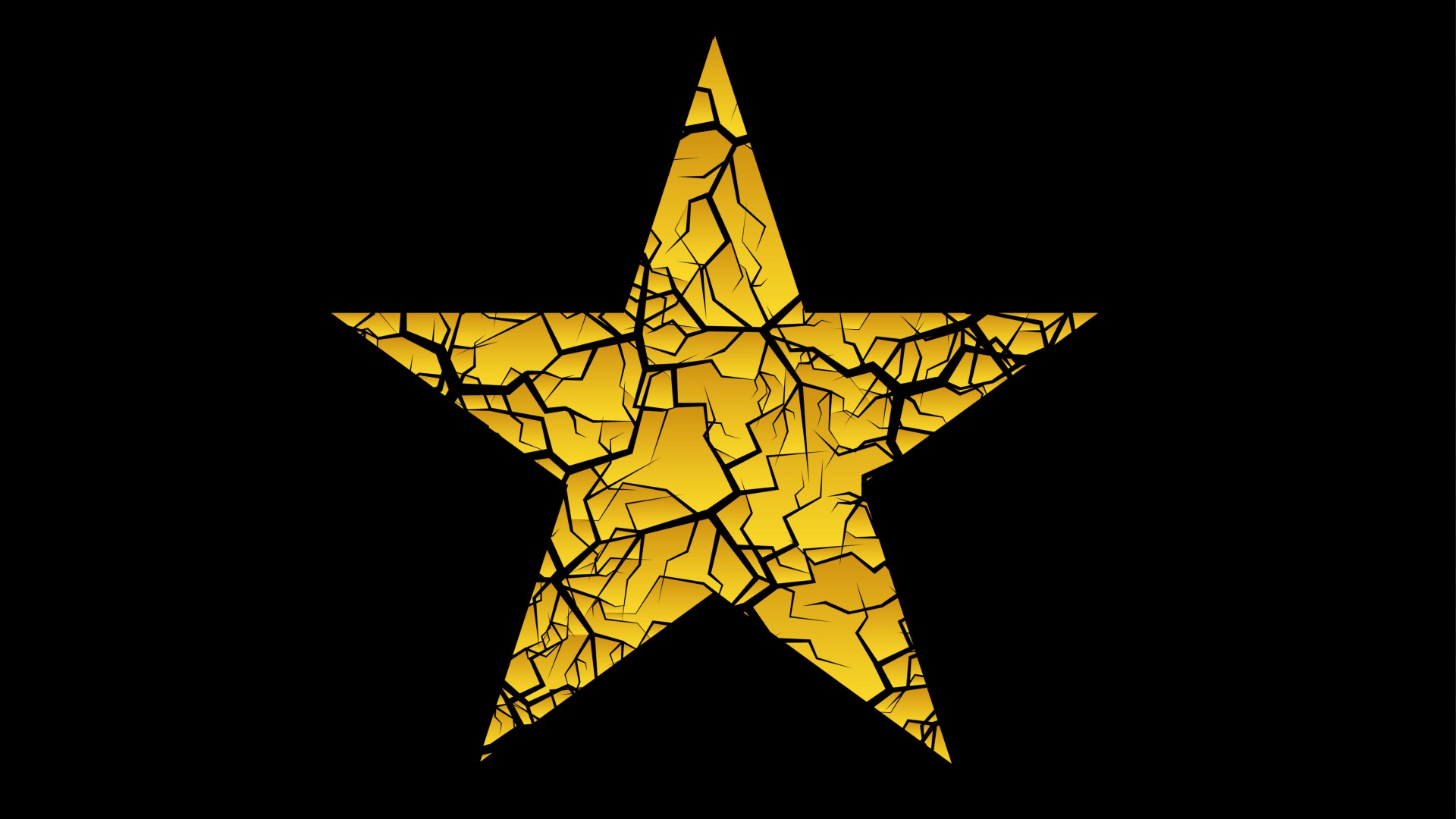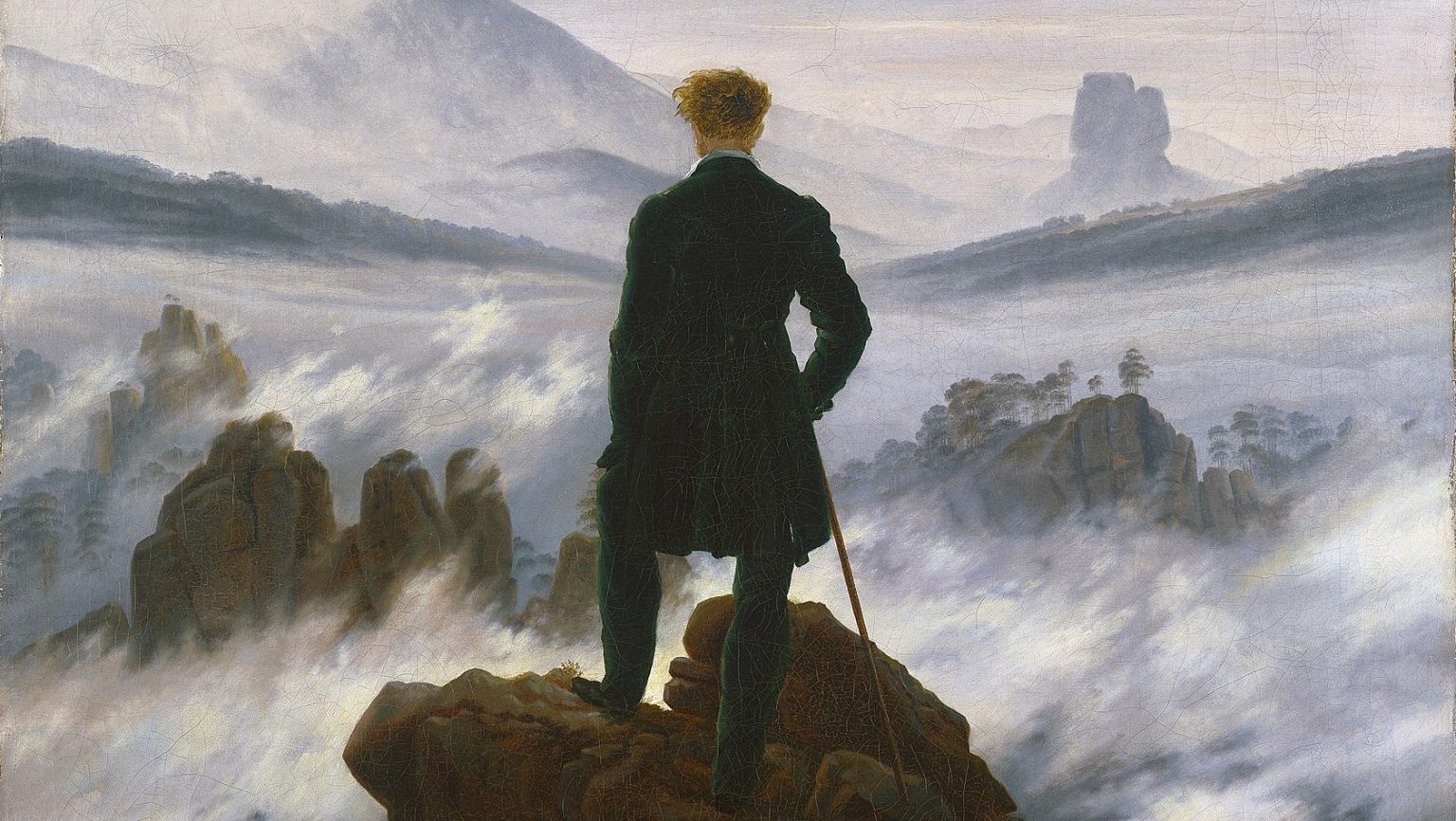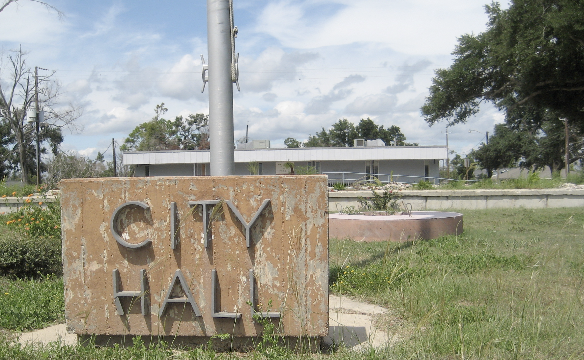Why We Die, and Why It’s Fine
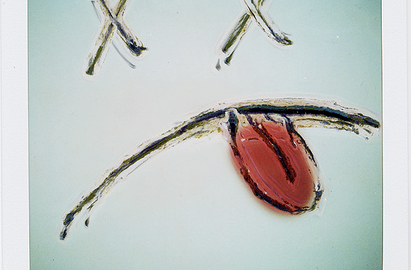
Here’s a nice thought to start the day: the natural world operates through an endless exchange of life and death. The ecosystem, and all of the organisms it houses, squeezes its vital resources from the debris of the dead, recycling the decaying elements from lives once lived to enhance existence on earth (today’s guest, Tyler Volk, even explains how this interplay enhances the capacity for life by a factor of about 200).The professor of biology at N.Y.U. goes on to illuminates a number of death’s other mysteries. Like, how is it that we are formed from atoms with a seemingly infinite lifespan, yet we, living organisms, die? And, since mammals are destined for death, why does each species’ natural timeline remain the same throughout its evolutionary development?
Volk’s work employs fascinating new research to answer some of western culture’s longest standing questions about life— detailing the complex, but beautiful, webbing of life and death that connects our smallest cells with the grand sweep of human history, shining light on powerful questions raised by everybody from Nietzsche and Thomas Mann to Woody Allen. Finally, after years of exhaustive research on the subject, Volk describes his own outlook on death, explaining the sort of gratitude he has developed toward the process.


